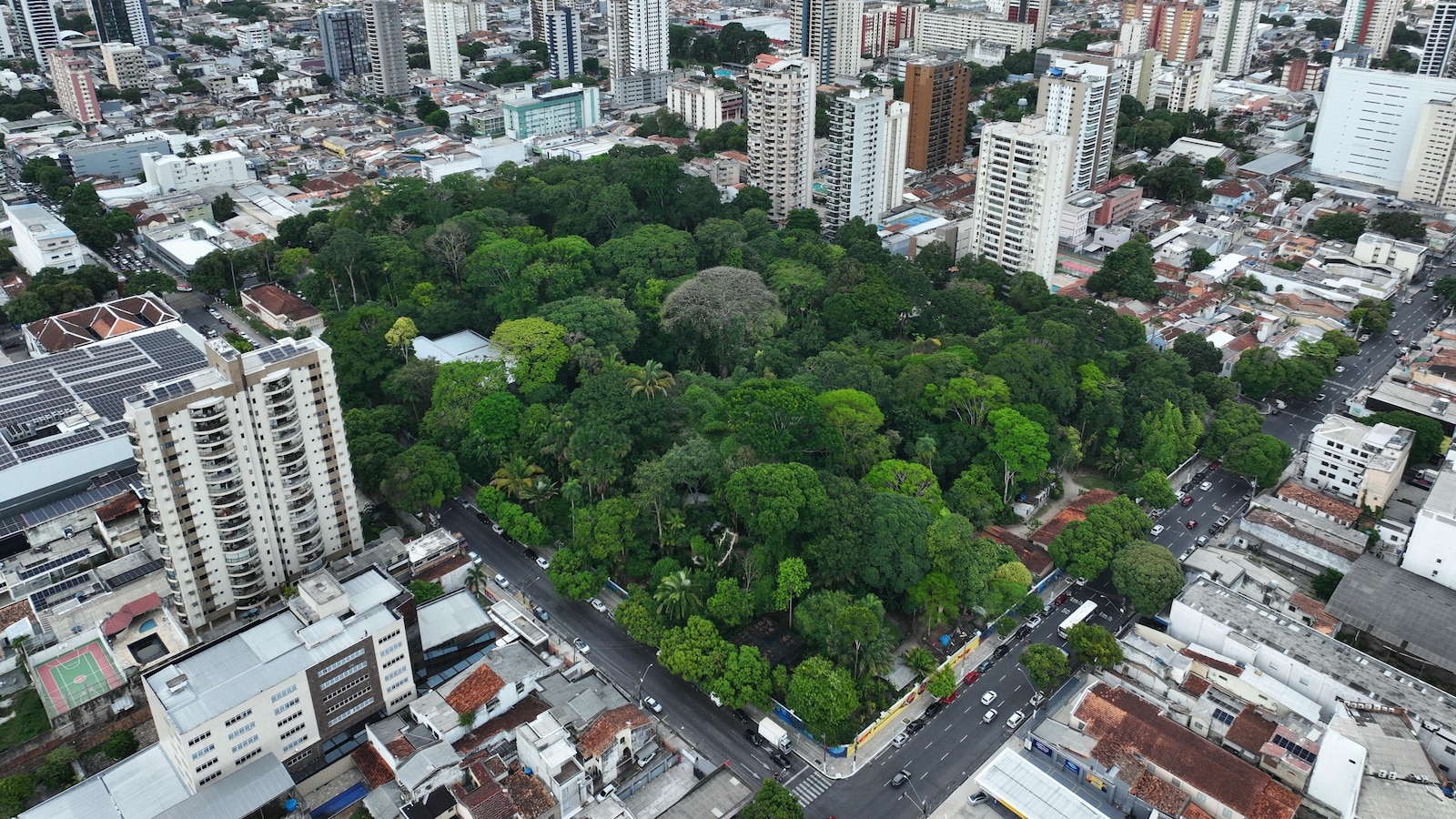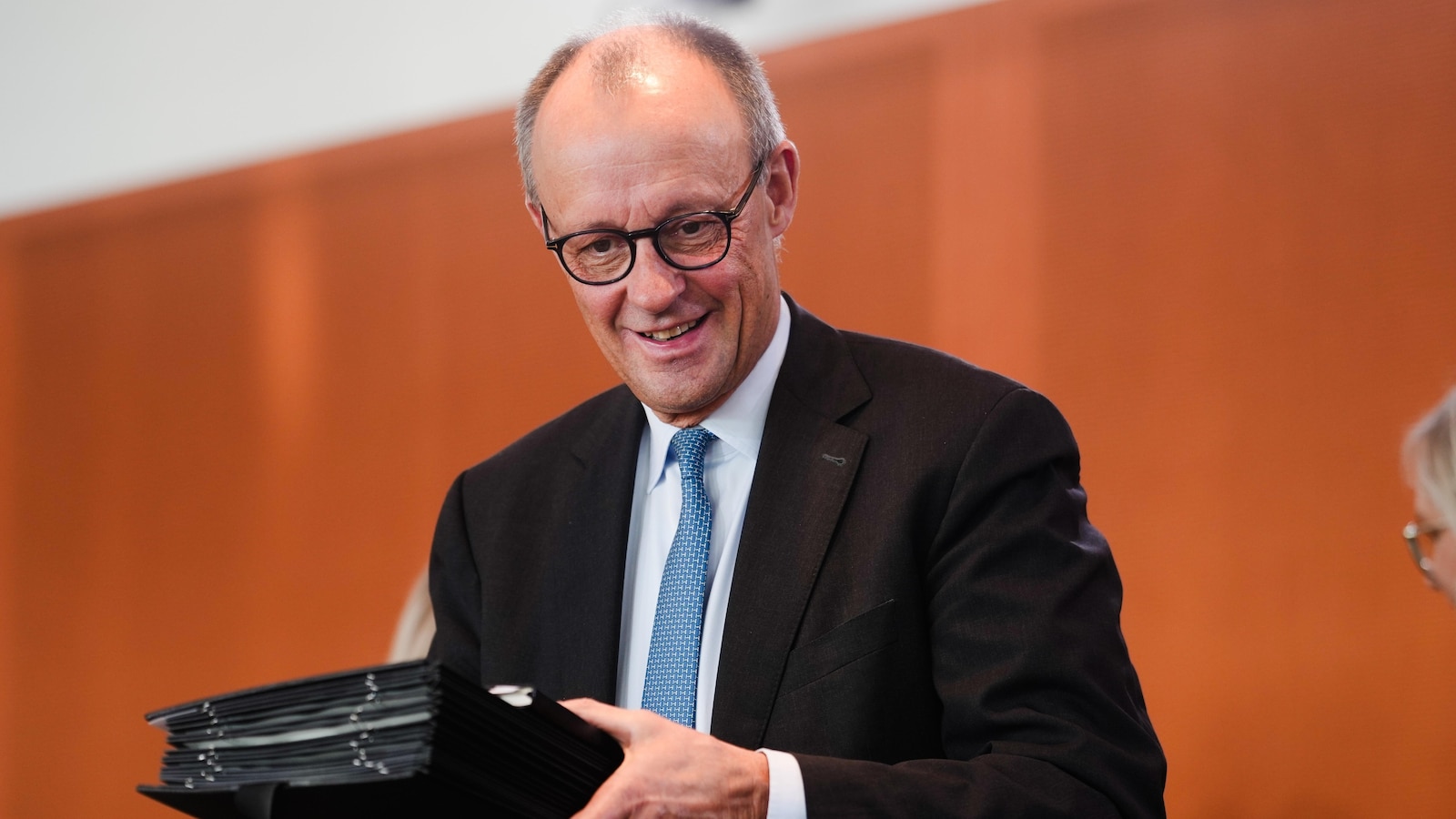
ADDIS ABABA, November 19 (IPS) – As the COP30 negotiations intensify in Belém, Brazil, civil society organizations and research experts have called out major financial institutions for promoting foreign interests in controlling Africa’s land by formalizing land tenure and seeking to convert Africa’s land into industrial farms or carbon markets.
In May last year, the World Bank unveiled plans to transform land tenure in the Global South through its newly-launched ‘Global Program on Land Tenure Security and Land Access for Climate Goals.’ But activists and researchers fear that the move will clear the way for agribusinesses, mining, and speculative carbon markets, while dismantling customary and public land governance systems.
So far, the US based Oakland Institute has released a report that details how the Bank’s plans threaten land rights instead of securing them while promoting false responses to the climate crisis and actions that will even compound it.
According to Frédéric Mousseau, Policy Director at the Oakland Institute and one of the lead researchers, the World Bank’s land reform agenda as it stands would be disastrous for Africa.
“By promoting titling and land commodification under the guise of climate action, the Bank is opening the door for foreign interests to control Africa’s land and resources while destroying communal systems that have sustained African societies for centuries,” he said.
However, the World Bank argues that formalizing land tenure is necessary for communities to benefit from the extraction of minerals needed for the energy transition. But the report faults the Bank for skipping the question of consent from the communities and governments—assuming that landowners and policymakers will accept the exploitation of natural resources.
According to Appolinaire Zagabe, the director of DRC Climate Change Network (Reseau Sur le Changement Climatique RDC), such interventions for climate transition have led to forceful evictions of people from their ancestral homes in cobalt mining areas in the Democratic Republic of Congo, as foreign interests scramble to exploit the precious mineral that is used to manufacture lithium-ion batteries, which are used to power electric vehicles, motorbikes, computers, and smart phones, among other appliances.
“Local communities in cobalt mining areas, some who have never seen an electric car and do not own mobile phones, continue to bear the burden of the energy transition, as the world leaders watch from a distance, in full support of the transition, but ignoring the plight of the suffering communities,” said Zagabe. “The transition has brought total injustice to rural communities in my country, creating an avenue for foreign entities to mint profits.”
In a statement to the media at the ongoing 30th Conference of Parties (COP 30) in Belém, the Climate Action Network (CAN) noted that many rich countries are strongly against creating any new plans for energy transition, claiming that the current systems are good enough—despite clear evidence that they can’t handle the scale or coordination needed.
“The blockers are consistent: denial of responsibility, resistance to coordinated international action, and a refusal to recognize that transitions without justice are neither durable nor legitimate,” reads part of the statement.
Beyond essential mineral exploitation, it is clear that once titles are issued to foreign investors, the land can be leased, sold, mortgaged, and possibly lost to banks. This, according to the researchers, paves the way for a structural transformation where small or struggling farmers are pushed out of agriculture, and farms are consolidated into larger units more likely to specialize in monocultures and reliant on fossil fuel-based agrochemicals and mechanization.
The World Bank is also supporting afforestation and reforestation interventions, which scientists believe is the right thing, but it prioritizes financing these through carbon offsetting schemes. According to the report, the IPCC has already identified a number of effective mitigation measures that require land and made it clear that carbon offsetting is not one of them because its “net combined effects on emissions were found to be negligible.”
“With the recent creation of so-called “high integrity” carbon credits, the Bank intends to revive and boost a false climate solution that serves the very same interests causing the climate crisis in the first place,” said Mousseau.
In the same vein, the Oakland Institute, in collaboration with the Institute for Poverty, Land and Agrarian Studies (PLAAS), and the Alliance for Food Sovereignty in Africa (AFSA), has released another report challenging the dominant narrative advanced by the Africa Development Bank (AfDB) that Africa holds vast expanses of “unused” or “underutilized” land available for large-scale industrial agriculture and other land-based investments.
“The idea of land abundance is a colonial fiction that refuses to die,” said Professor Ruth Hall, Director of PLAAS at the University of the Western Cape. “Our research shows that Africa’s lands are already intensively used and deeply valued by millions of rural people,” she said, noting that the real challenge is not to ‘unlock’ land for investors but to protect it for communities and future generations.
The AfDB underpins strategies such as the “Feed Africa” initiative, which is often used to justify the conversion of land into agro-industrial production zones to serve global markets. However, the new report released on the sidelines of the Conference on Land and Policy in Africa (CLPA) in Addis Ababa, Ethiopia, demonstrates that such understandings are deeply flawed, both empirically and ideologically, and that they obscure the real dynamics of land use, tenure, and ecological value across the continent.
“These policies are the latest front in the capture of African land and resources,” said Mariann Bassey-Olsson of AFSA, Nigeria. “They are sold as climate solutions and investment opportunities but, in reality, deepen inequality, weaken land rights, and accelerate ecological collapse.”
She notes that much of the land labelled as “vacant” is, in reality, used for grazing, shifting cultivation, foraging, or sacred and ecological purposes. “These multifunctional landscapes sustain millions of people and are far from empty,” said Bassey-Olsson.
IPS UN Bureau Report
© Inter Press Service (20251119183146) — All Rights Reserved. Original source: Inter Press Service







